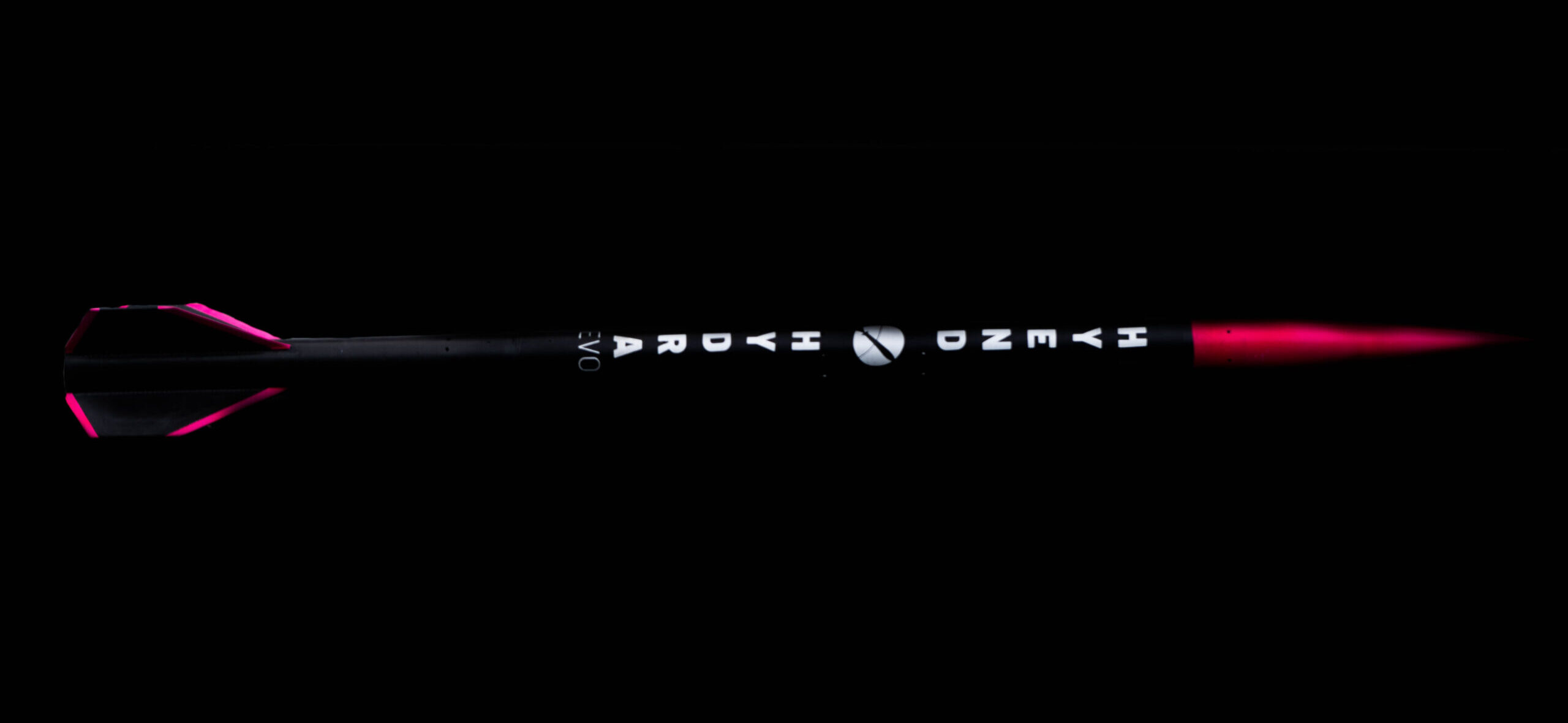

The HyDRA Series includes two generations:
HyDRA
HyDRA EVO
HyDRA is a sounding rocket which reaches an apogee of approximately three kilometers while carrying one kilogram of payload. Thanks to its powerful, self-developed solid rocket motor „NaNO“, it is capable of delivering up to three cansats to this altitude and has flown in slightly different configurations at Euroc 2022 in Portugal and in Manching, Germany in August of 2023.
HyDRA’s development began in October 2021 as a way to teach new members about rocketry and for them to gain experience launching rockets. As such, the team was comprised of mainly first- and third-semester students. Development and testing took a year, with HyDRA’s first launch being in October 2022 at Euroc in Portugal.

Manching ’23

Manching is a small city 70 kilometers north of Munich, Germany. Every year, Solaris-RMB e.V. organizes a multi-day event during which amateur rocketeers are able to launch their rockets at the local airfield. This year, we flew to an altitude of 2.7 kilometers. HyDRA EVO landed safely with its parachutes deployed and without any major damage. We were able to recover all telemetry and on-board footage.
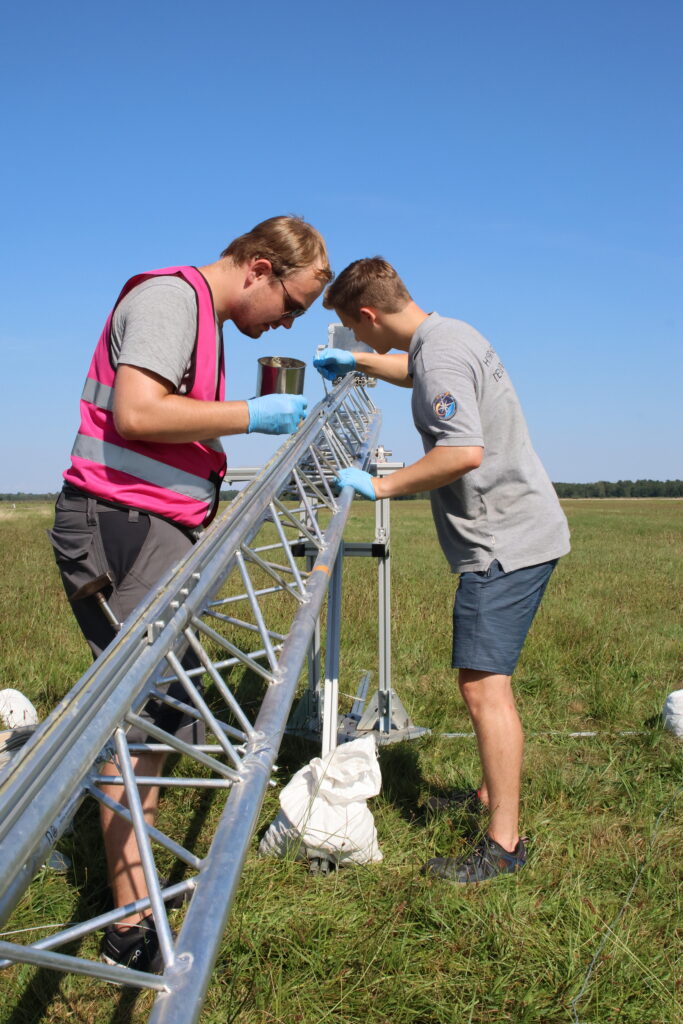
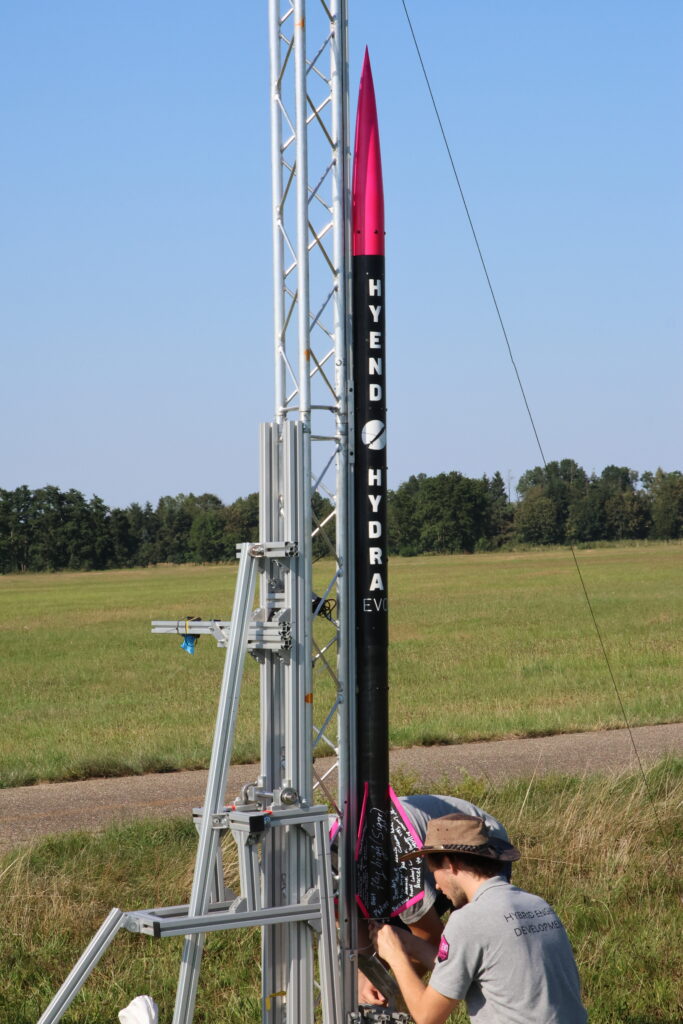
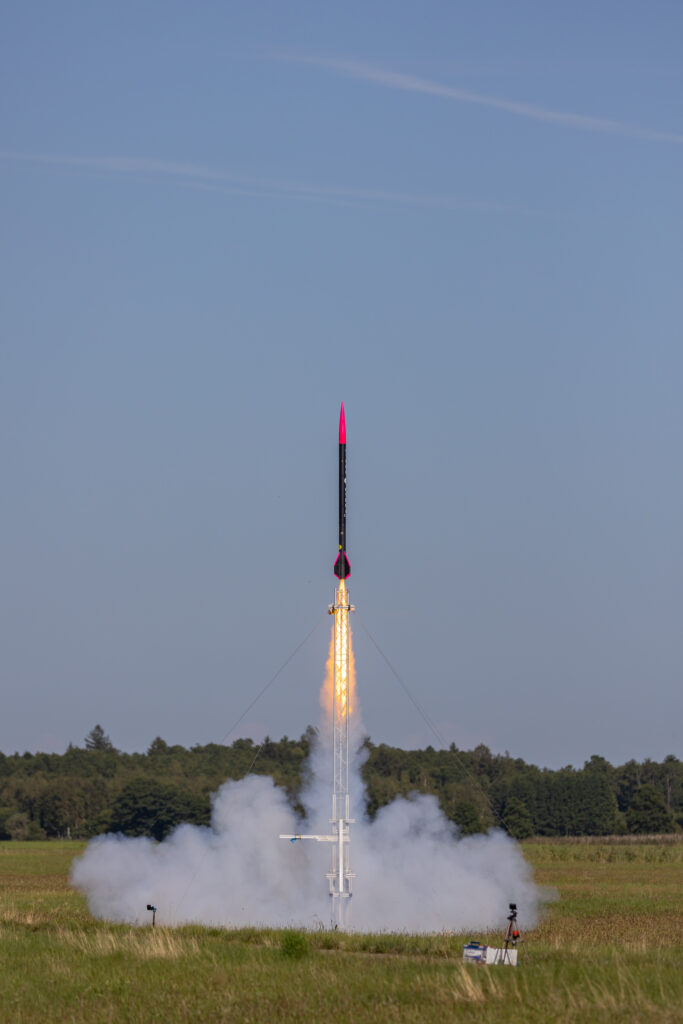
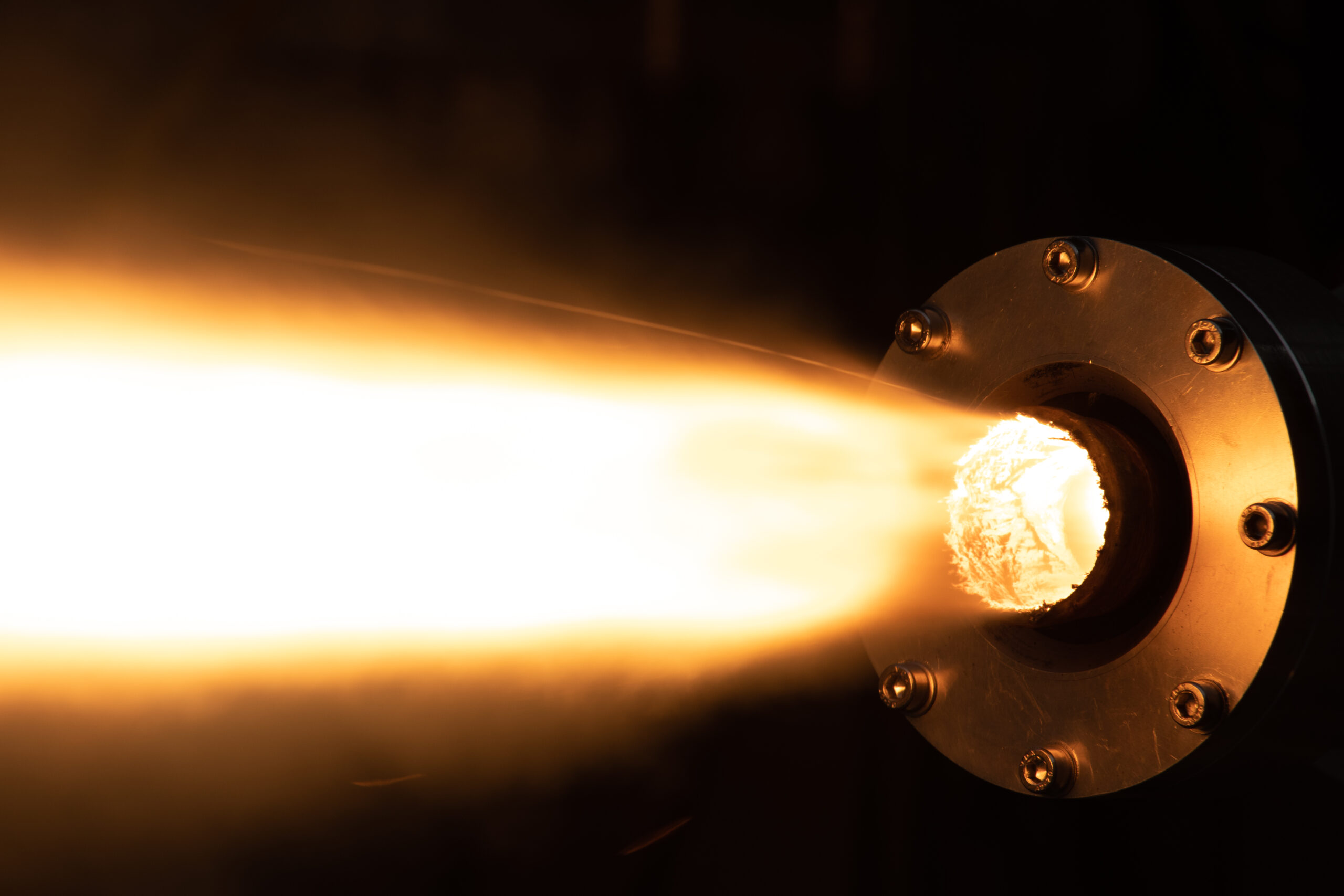
Euroc ’22
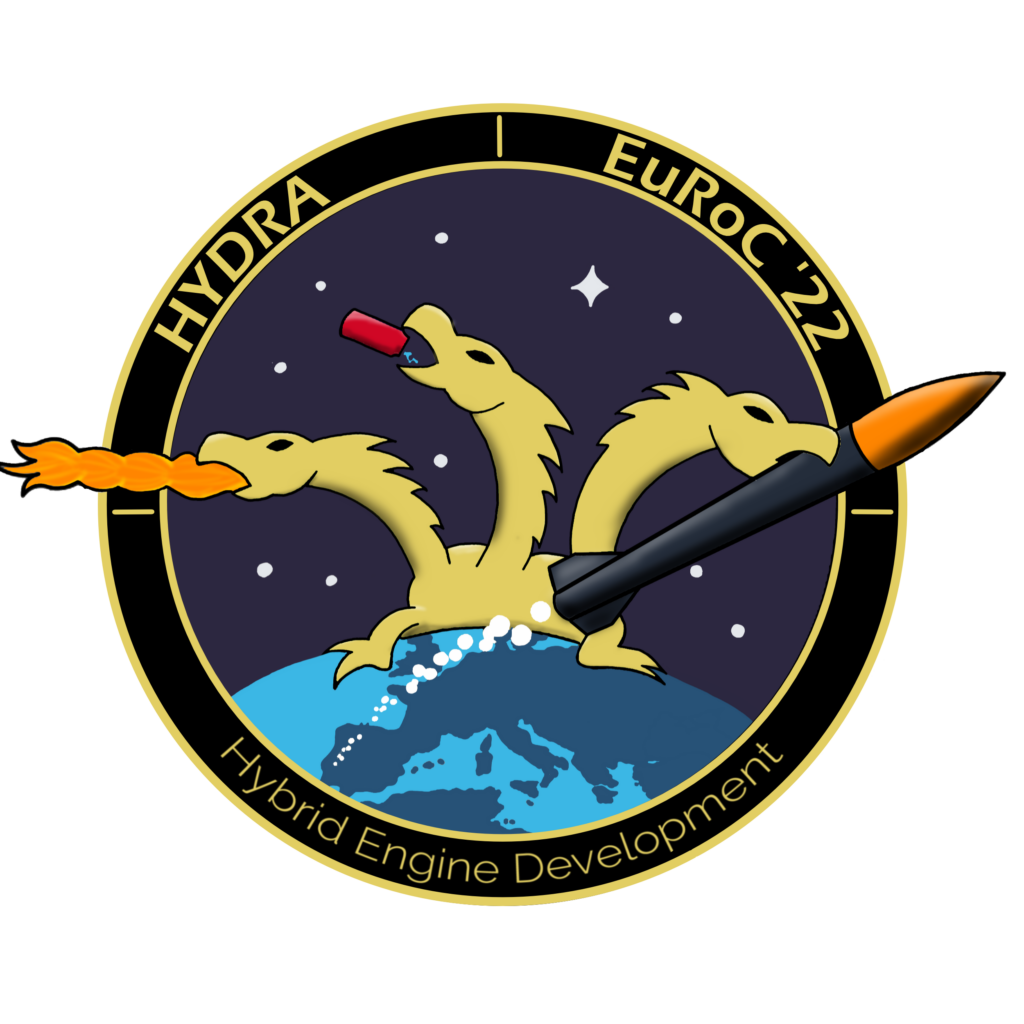
HyDRA’s was first launched at the European Rocketry Challenge 2022 in Portugal. During the one-week launch campaign, the team produced the fuel, wrapped up up last with the avionics and ground support systems tests, and launched HyDRA for its maiden flight.
The mission included launching HyDRA to an altitude of 3 kilometers, eject three CanSats and recover both rocket and CanSats. One of the CanSats was kindly provided by our friends at TUDSaT e.V.. Throughout the event, the team had to go through and pass various reviews in order to ensure a safe launch.
During the start-up sequence, we encountered technical difficulties which led to the launch being delayed several times. HyDRA did launch, but its solid motor „NaNO“ over-performed due to inhomogeneous propellant.
HyDRA reached an apogee of 127 meters and deployed its drogue parachute. Its structure and avionics were damaged during the ignition blast, but the team learned valuable lessons from this experience. If necessary, the rocket could have been flight-ready once again only one week later.
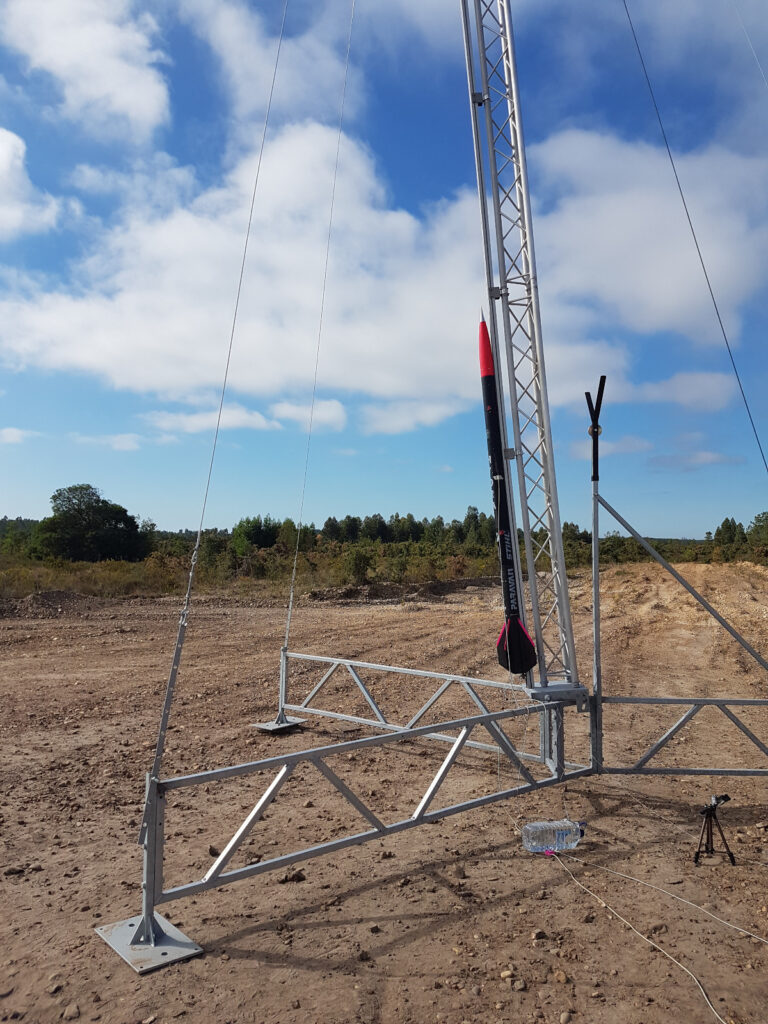
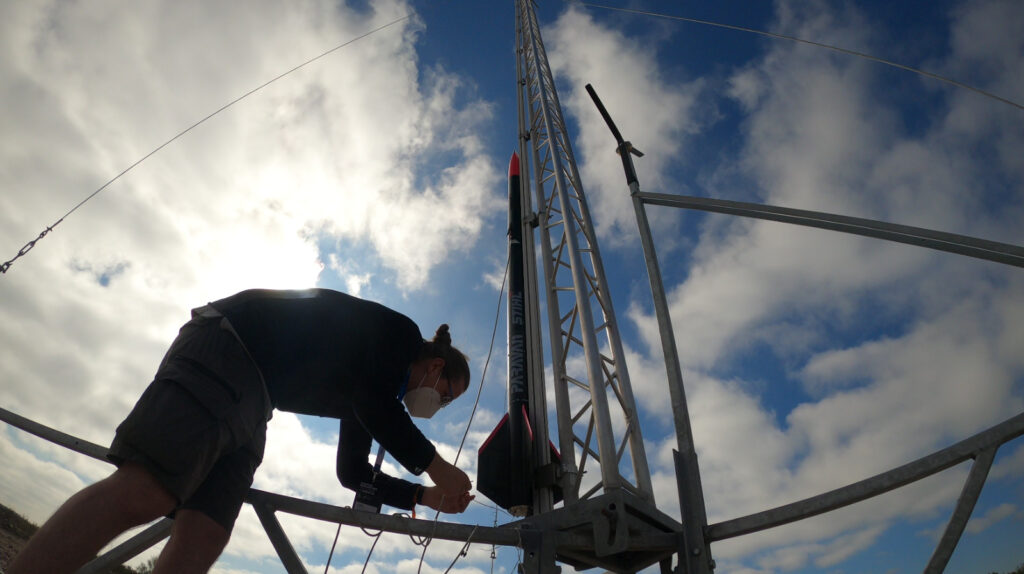
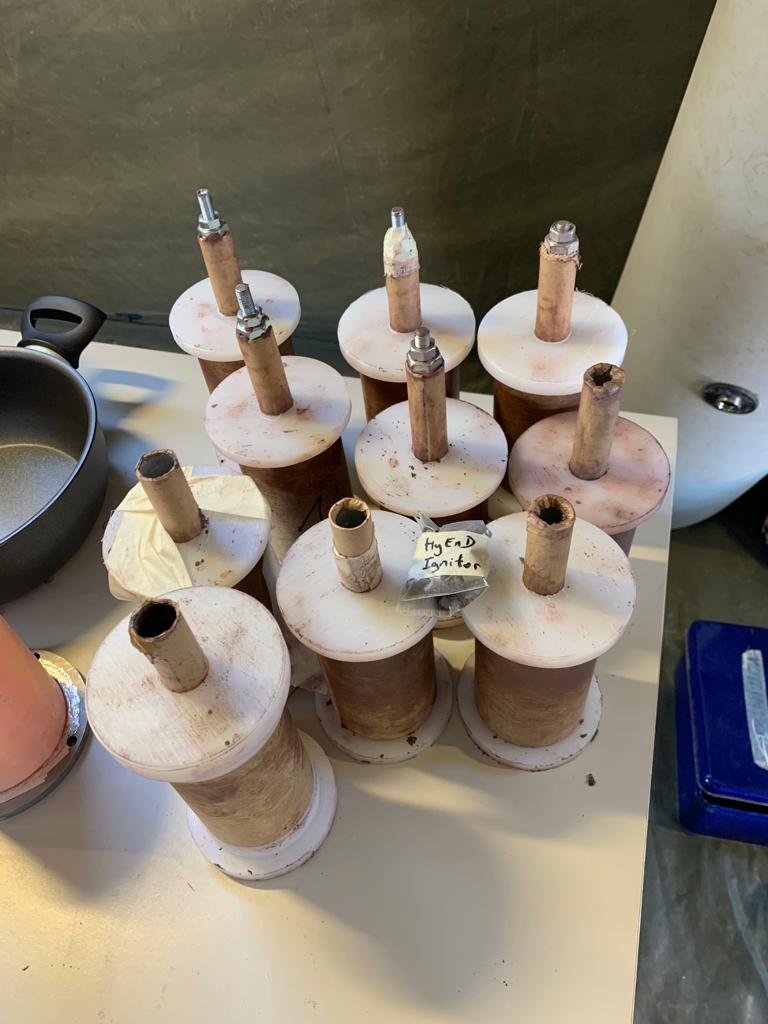
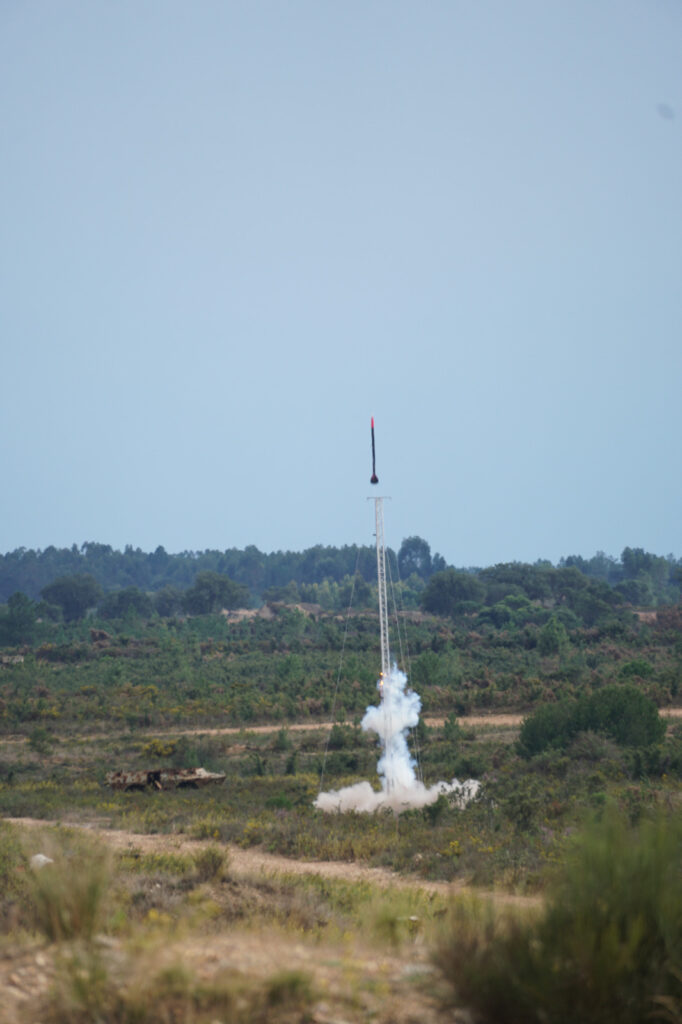
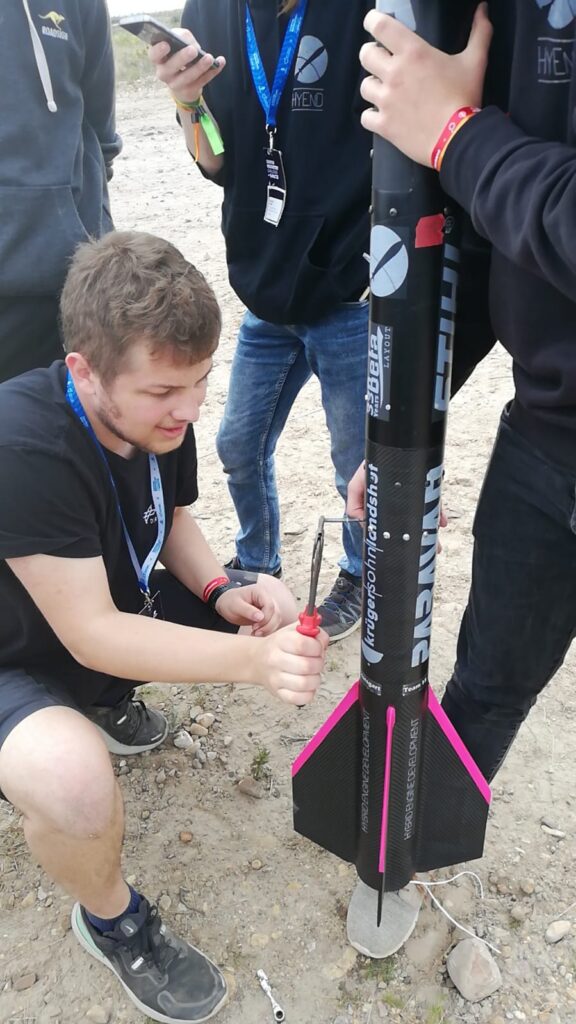
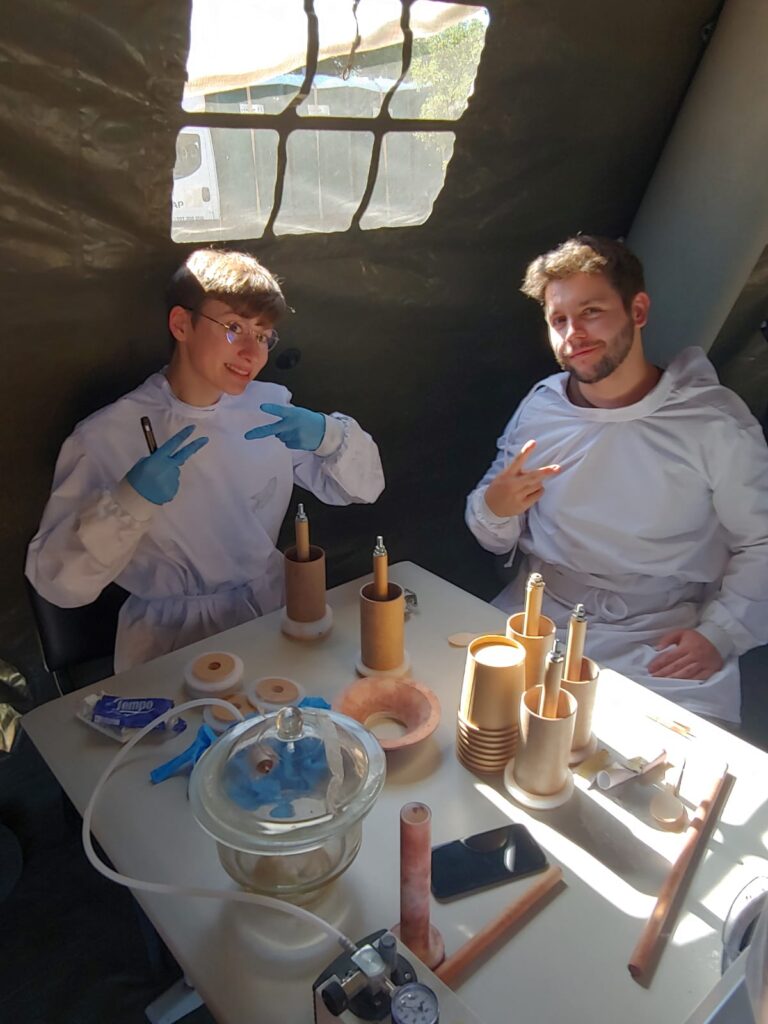
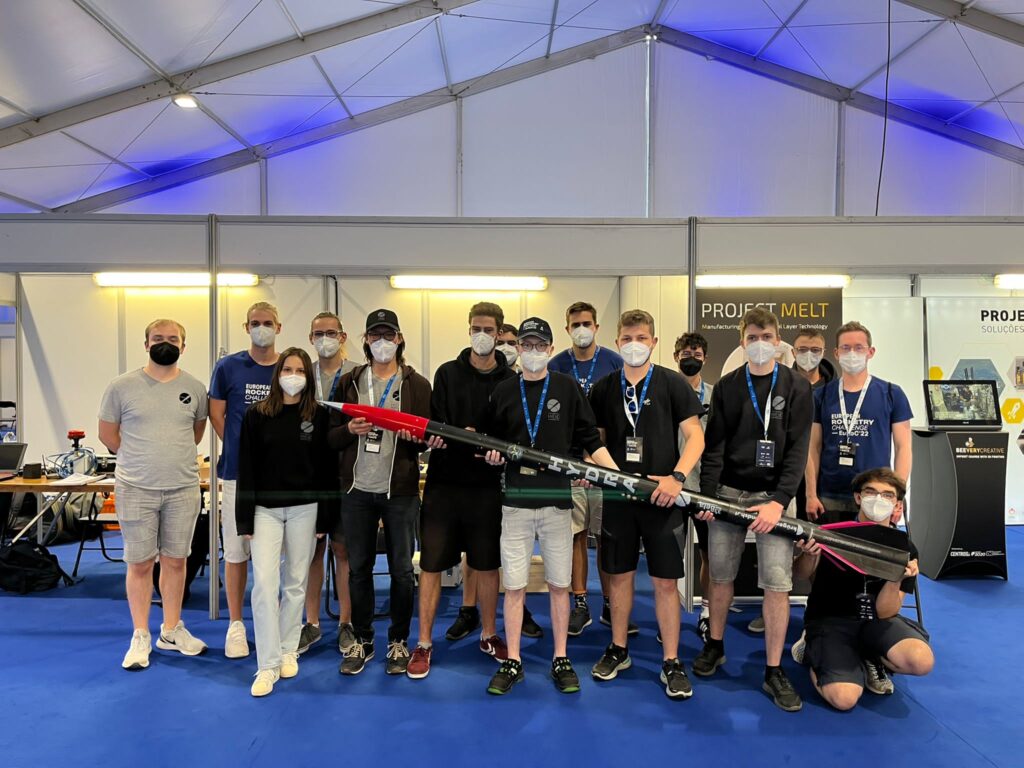
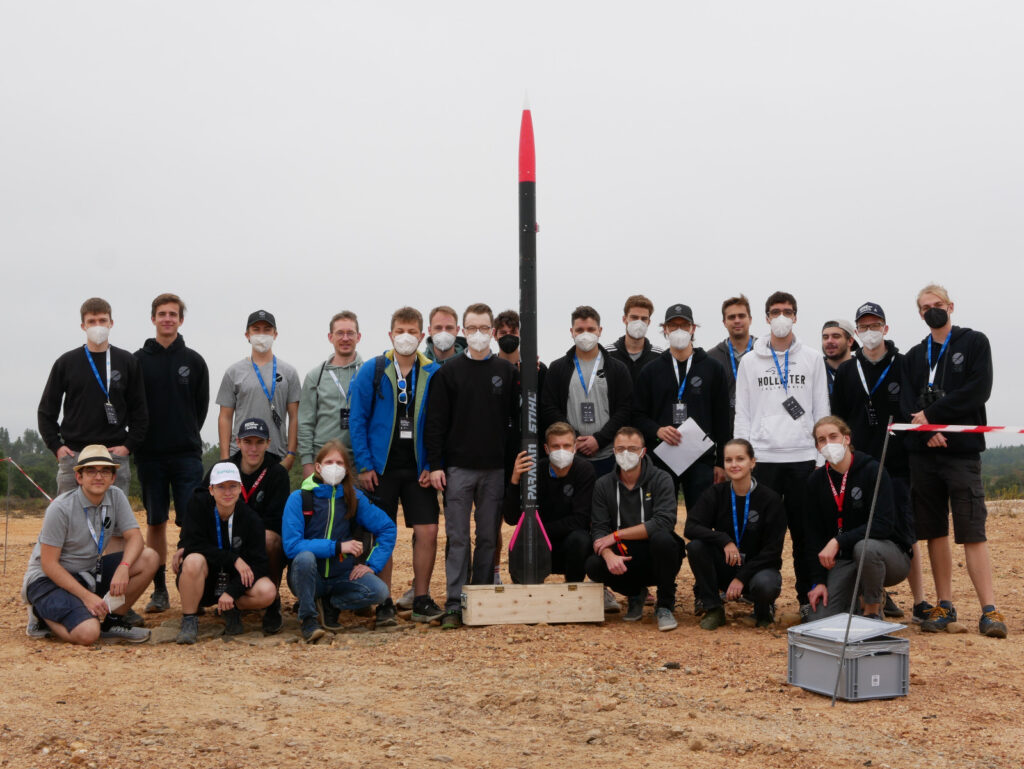
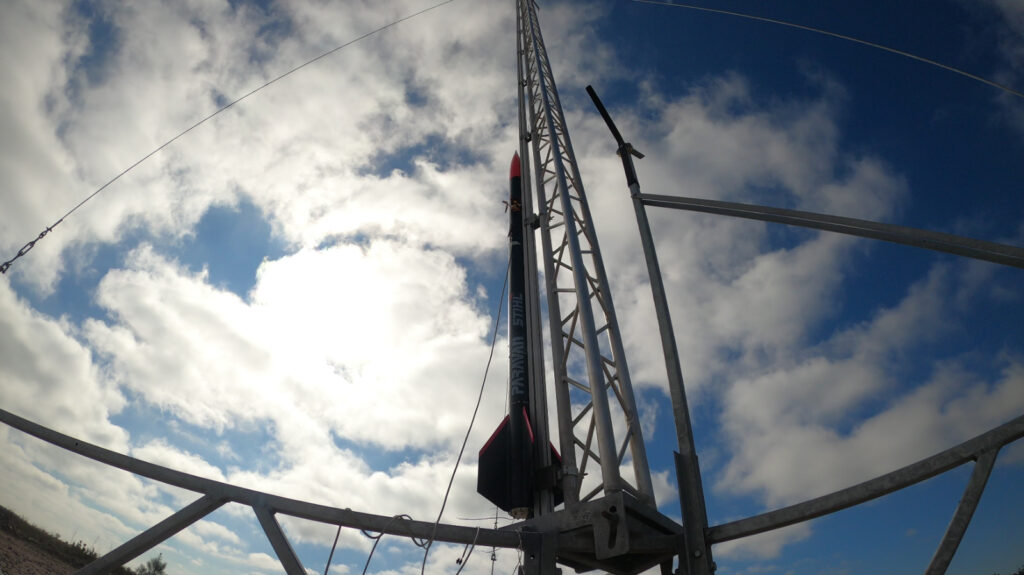
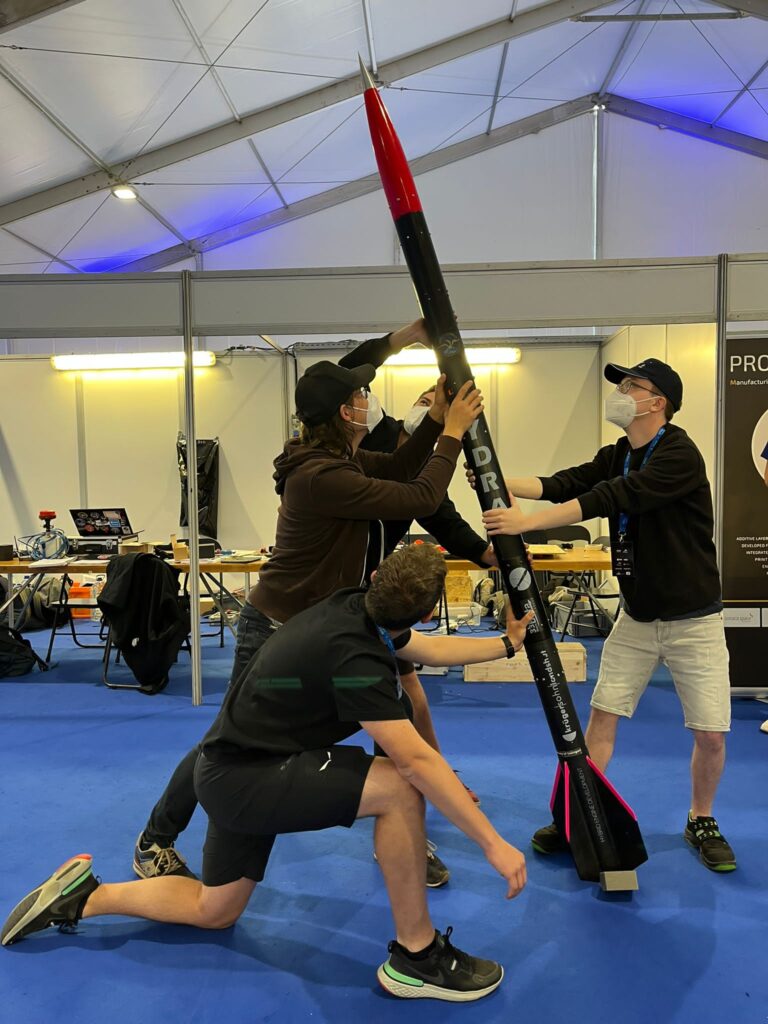
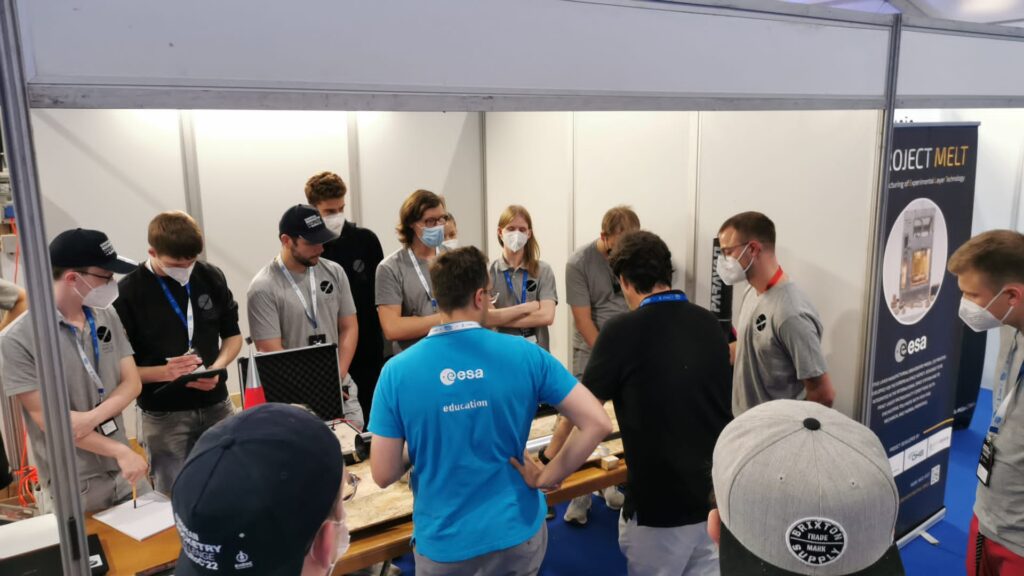
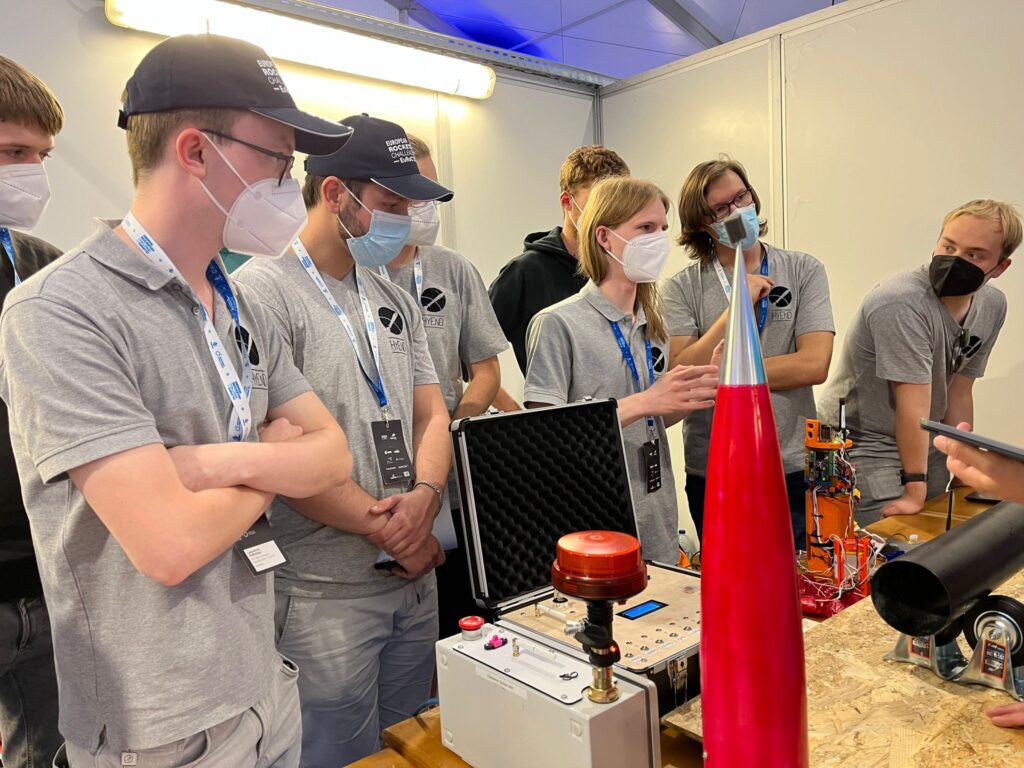
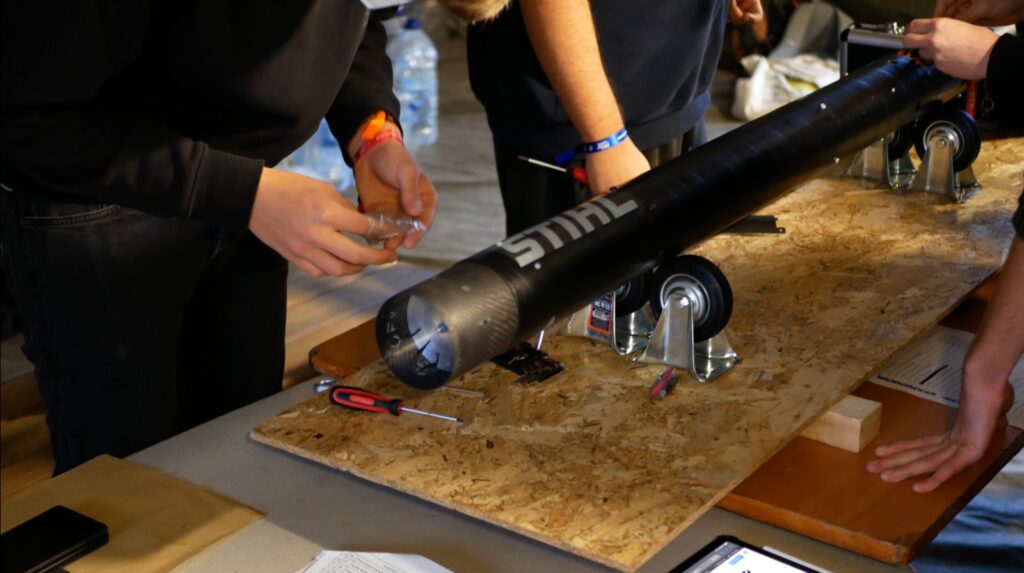
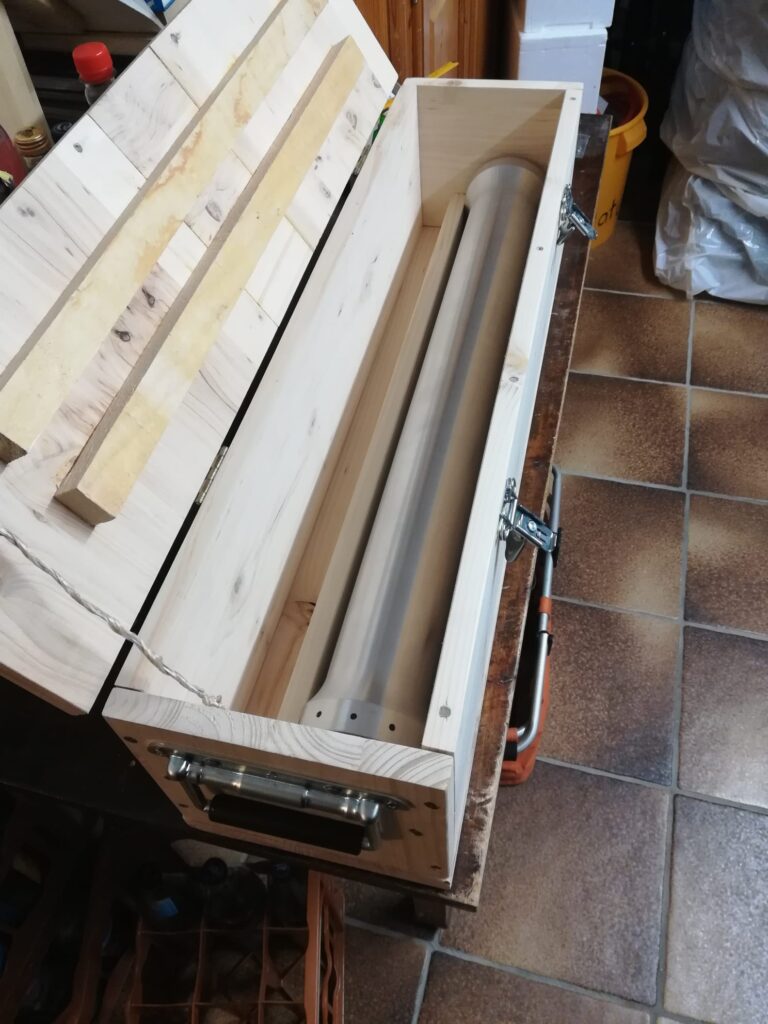
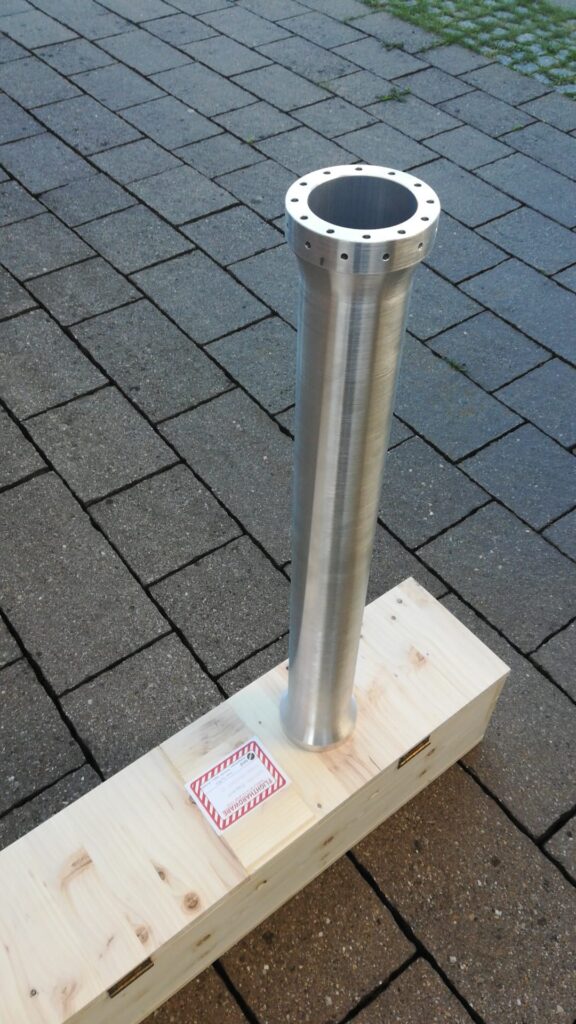
Are you interested in sponsoring a world-record holding rocketry team? Then take a look at our sponsor presentation!